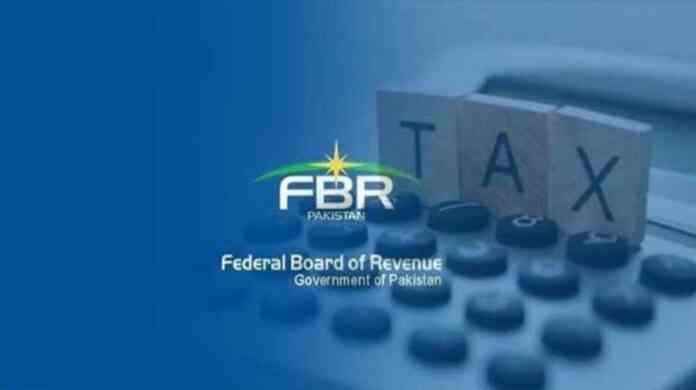Karachi, September 8, 2025 – The Federal Board of Revenue (FBR) is preparing to take unprecedented action against businesses and individuals who continue to avoid sales tax registration despite being engaged in taxable activities.
According to sources within the revenue authority, new provisions introduced through the Finance Act, 2025 have empowered tax officials to suspend and, in some cases, permanently block access to bank accounts of non-compliant taxpayers.
The measure comes through the insertion of Section 14AC into the Sales Tax Act, 1990. Under this amendment, if a Commissioner has credible reasons to believe that a person is supplying taxable goods without obtaining sales tax registration, they may initiate strict enforcement steps. Initially, the taxpayer is offered three separate opportunities to complete registration. If the taxpayer still fails, the Commissioner may issue a written order instructing banking companies, scheduled banks, and financial institutions to suspend operations of the person’s bank account for three working days.
If the non-compliance persists, the suspension can be repeated twice more, each time with a gap of one week. In the event that the individual or business continues to ignore the law, the Commissioner has the authority to order a permanent bar on the operation of their bank accounts. However, once registration is completed, the Commissioner is obliged to issue an order lifting the restrictions within two working days.
Section 14AC also ensures taxpayers retain a right to appeal. Any aggrieved person may challenge the decision before the Chief Commissioner Inland Revenue within 30 days of receiving the order.
Further tightening compliance, Section 14AD introduces a bar on the transfer of immovable property. If a person fails to obtain registration within 15 days of a permanent bank account suspension order, a committee comprising the Chief Commissioner, a Commissioner, and a representative from a chamber of commerce or trade association will review the case. This committee may then recommend restrictions on the transfer of immovable property belonging to the unregistered person.
Before such a measure is finalized, the committee must issue a notice and allow the taxpayer an additional 15 days to comply with registration requirements. If still unfulfilled, the Commissioner may direct the relevant property registration authority to block any transfer of the individual’s property. As with the bank account suspension, restrictions are lifted once registration is completed.
Tax experts note that these amendments mark one of the toughest enforcement strategies by the FBR in recent years. By targeting both bank operations and immovable property transfers, the government aims to ensure that individuals and businesses dealing in taxable supplies cannot escape the registration net.
Officials believe the dual enforcement—blocking bank accounts and restricting property transfers—will compel reluctant taxpayers to register promptly. The move is also seen as a significant step toward broadening the tax base and strengthening documentation of the economy, a long-standing challenge for Pakistan’s revenue authorities.
